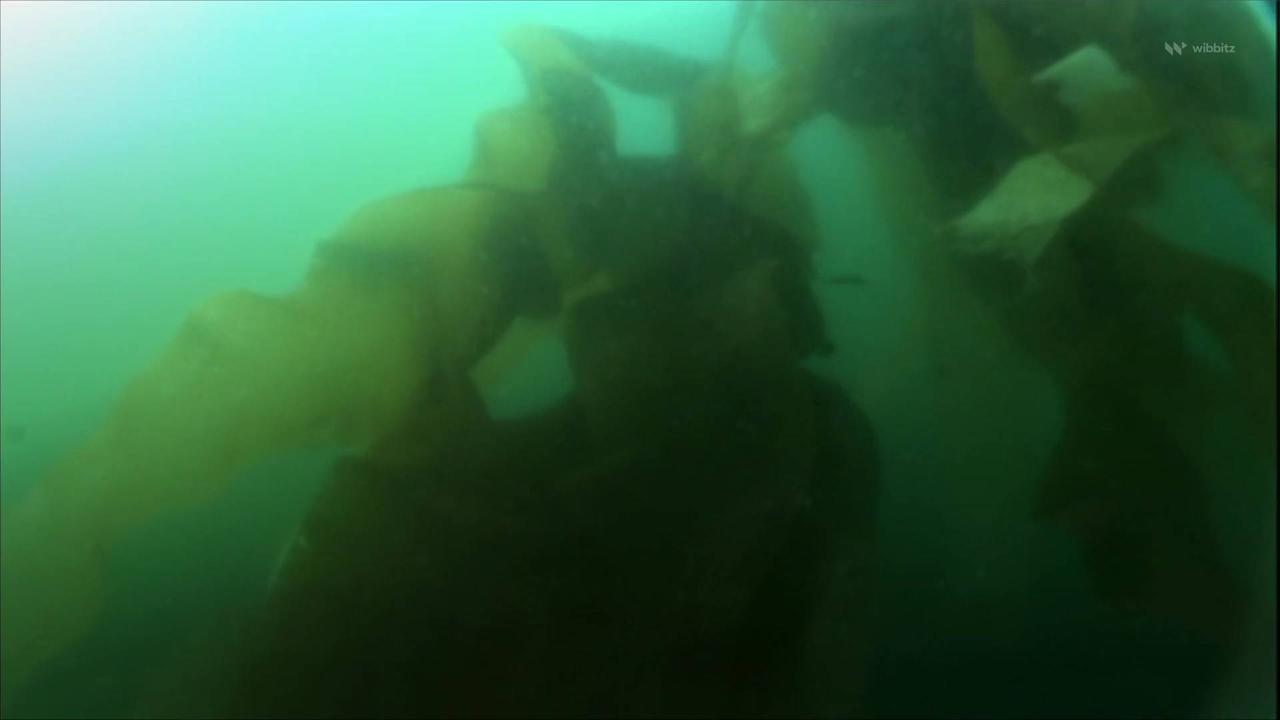
5,000 Mile-Wide , Mass of Seaweed Heads Toward , the Gulf Coast.
CNN reports that a massive blob of seaweed is headed for the shores of Florida and other coasts along the Gulf of Mexico.
The mass of seaweed that formed in the Atlantic Ocean threatens to bring down the upcoming tourist season.
CNN reports that scientists have been tracking large accumulations of a variety of seaweed called sargassum since 2011.
Sargassum is known to form large blooms in the Atlantic, however this year's is the largest on record.
The massive bloom spans over 5,000 miles from the coast of Africa to the Gulf of Mexico.
.
This floating habitat provides food and protection for fishes, mammals, marine birds, crabs and more, Sargassum Information Hub website, via CNN.
It serves as a critical habitat for threatened loggerhead sea turtles and as a nursery area for a variety of commercially important fishes such as mahi mahi, jacks and amberjacks, Sargassum Information Hub website, via CNN.
Over the course of the summer, the mass will push west through the Caribbean and into the Gulf of Mexico.
According to Dr. Brian Lapointe, a researcher at Florida Atlantic University’s Harbor Branch Oceanographic Institute, the mass of seaweed is expected to reach the shores of Florida around July.
This is an entirely new oceanographic phenomenon that is creating such a problem — really a catastrophic problem — for tourism in the Caribbean region where it piles up on beaches up to 5 or 6 feet deep, According to Dr. Brian Lapointe, a researcher at Florida Atlantic University’s Harbor Branch Oceanographic Institute, via CNN.
This is an entirely new oceanographic phenomenon that is creating such a problem — really a catastrophic problem — for tourism in the Caribbean region where it piles up on beaches up to 5 or 6 feet deep, According to Dr. Brian Lapointe, a researcher at Florida Atlantic University’s Harbor Branch Oceanographic Institute, via CNN
